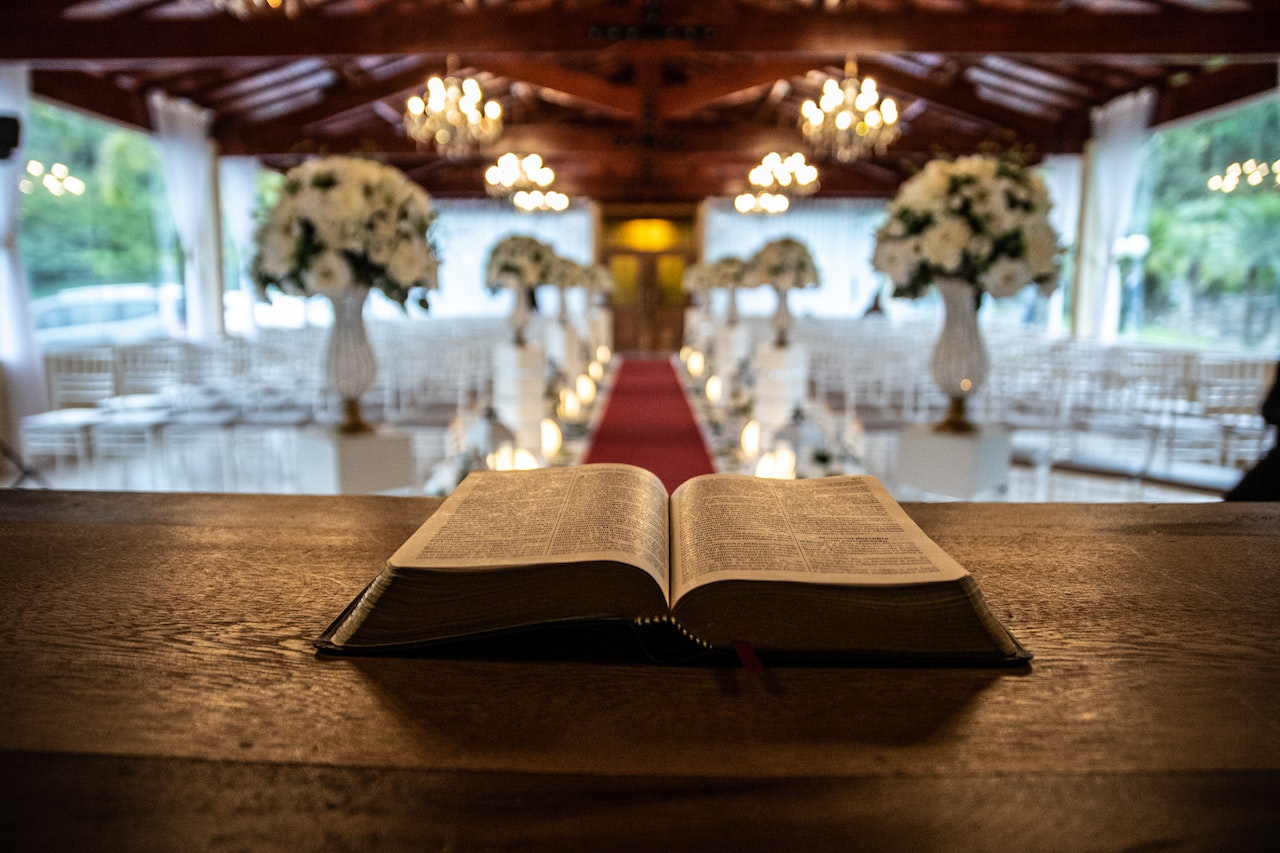Missing Mass has been a part of the Catholic faith for centuries, but when did it become a mortal sin? This question has been asked by many Catholics throughout the years, and the answer is not always clear. In this article, we will explore the history of when missing Mass became a mortal sin, and how it has evolved over time. We will also look at the current Church teachings on the matter and how it affects Catholics today. Finally, we will discuss the importance of attending Mass and how it can help us grow in our faith.
Table of Contents
The History of Missing Mass as a Mortal Sin
Missing Mass as a Mortal Sin has been a part of Catholic doctrine for centuries. It is a sin that is taken very seriously, and one that can have serious consequences.
The Catholic Church has long held that missing Mass is a mortal sin. This means that it is a sin that is so serious that it can lead to eternal damnation if not confessed and repented. This is because the Mass is seen as the highest form of worship, and missing it is seen as a grave offense against God.
The Church has always taken a hard line on missing Mass, and it has been a part of Catholic doctrine since the Middle Ages. During this time, the Church was very strict about attendance at Mass, and those who missed it were subject to harsh punishments.
In the 16th century, the Church began to soften its stance on missing Mass. It was still seen as a serious sin, but the punishments were less severe. This was due to the fact that the Church was becoming more tolerant of different beliefs and practices.
Today, missing Mass is still seen as a serious sin, but the punishments are much less severe. The Church still encourages people to attend Mass regularly, but it is no longer seen as a sin that will lead to eternal damnation.
Missing Mass is still a sin, and it is important to remember that it should be taken seriously. However, it is no longer seen as a sin that will lead to eternal damnation. Instead, it is seen as a sin that can be forgiven and repented for.
The Role of the Catholic Church in Establishing Missing Mass as a Mortal Sin
The Catholic Church has long held that missing Mass is a mortal sin, and it has played a major role in establishing this belief. The Church teaches that attending Mass is an essential part of the Christian life, and that it is a way to honor God and to receive the grace of the Eucharist.
The Church has been clear in its teachings that missing Mass is a serious offense. In the Catechism of the Catholic Church, it states that “those who deliberately fail in this obligation commit a grave sin.” This teaching has been reinforced by the Church’s various documents, such as the Code of Canon Law, which states that “it is a grave sin to miss Mass on Sundays and holy days of obligation without a serious reason.”
The Church has also taken steps to ensure that its members are aware of the importance of attending Mass. It has encouraged its members to make Mass attendance a priority, and it has provided resources to help them do so. For example, the Church has created programs to help people find Mass times and locations, and it has encouraged its members to make Mass attendance a part of their daily routine.
The Church has also taken steps to ensure that its members are aware of the consequences of missing Mass. It has warned its members that missing Mass without a serious reason can lead to spiritual and temporal punishments, such as excommunication. The Church has also made it clear that those who miss Mass without a serious reason are committing a mortal sin.
The Catholic Church has played a major role in establishing missing Mass as a mortal sin. It has been clear in its teachings, and it has taken steps to ensure that its members are aware of the importance of attending Mass and the consequences of missing it.
Exploring the Reasons Why Missing Mass is Considered a Mortal Sin
Missing Mass is considered a mortal sin because it is seen as a rejection of the Catholic faith. The Catholic Church teaches that attending Mass is an essential part of being a faithful Catholic. It is a way to show reverence and respect for God and to receive the grace of the Eucharist.
When someone misses Mass, it is seen as a sign of disrespect and a lack of commitment to the faith. It is also seen as a rejection of the teachings of the Church and a refusal to participate in the communal worship of God. This is why missing Mass is considered a mortal sin.
The Catholic Church also teaches that Mass is a time for spiritual renewal and growth. It is a time to come together as a community and to be nourished by the Word of God. When someone misses Mass, they are missing out on this spiritual nourishment and growth.
Finally, missing Mass is seen as a sign of disobedience to God. The Church teaches that we should be obedient to God’s will and that we should strive to live our lives in accordance with His teachings. When someone misses Mass, they are not following God’s will and are therefore committing a sin.
Missing Mass is a serious matter and should not be taken lightly. It is important to remember that it is a mortal sin and should be avoided at all costs. If you are unable to attend Mass, make sure to find other ways to stay connected to your faith and to stay spiritually nourished.
Examining the Impact of Missing Mass as a Mortal Sin on Catholic Believers
Missing Mass as a Mortal Sin is a serious issue for many Catholic believers. It is a sin that can lead to eternal damnation if not confessed and repented. But what exactly is a Mortal Sin and why is it so important to avoid it?
A Mortal Sin is a sin that is so serious that it cuts off the believer from God’s grace and can only be forgiven through the Sacrament of Confession. It is a sin that is so grave that it can lead to eternal damnation if not confessed and repented. Missing Mass is considered a Mortal Sin because it is a direct violation of the Third Commandment, which states “Remember to keep holy the Sabbath day.”
The consequences of missing Mass as a Mortal Sin can be devastating for Catholic believers. It can lead to feelings of guilt and shame, as well as a sense of being disconnected from God and the Church. It can also lead to a lack of spiritual growth and a feeling of being spiritually stagnant.
The best way to avoid missing Mass as a Mortal Sin is to make sure that you attend Mass regularly. This means setting aside time each week to attend Mass and making sure that you are present for the entire service. It also means making sure that you are properly prepared for Mass by reading the readings beforehand and reflecting on them. Finally, it means making sure that you are actively participating in the Mass by praying, singing, and listening to the homily.
By taking these steps, Catholic believers can ensure that they are not committing a Mortal Sin by missing Mass. Doing so will help them to stay connected to God and the Church, as well as to grow spiritually.
Conclusion
In conclusion, missing Mass has been considered a mortal sin since the early days of the Catholic Church. Although the Church has relaxed its stance on this issue in recent years, it is still considered a serious offense and should be avoided whenever possible. It is important to remember that attending Mass is an important part of the Catholic faith and should be taken seriously.
For licensing reasons, we must provide the following notice: This content was created in part with the help of an AI.


